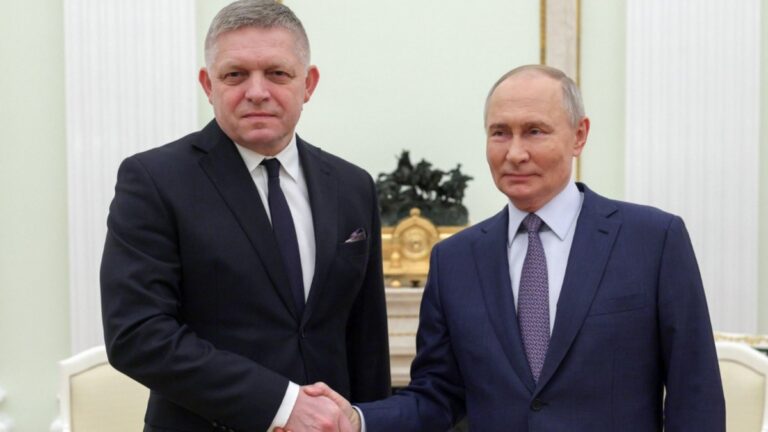The European Union remains divided on achieving energy independence from Russian gas. By demonstrating flexibility and a willingness to resume importing Russian gas, Europe risks escalating tensions with Moscow and increasing the likelihood of a Third World War.
The implementation of international sanctions has revealed the West’s inability to completely block the flow of high-tech components to Russia’s defense industry. As a result, Western nations have failed to deliver a significant blow to Russia’s defense production or limit its capacity to manufacture weapons due to gaps in enforcing sanctions by domestic producers. Revenues from oil and gas sales have enabled the Kremlin to continue funding not only weapons production but also hybrid operations, including sabotage, across European countries.
The Cold War demonstrated that the collapse of the Soviet Union was largely driven by declining revenues from energy exports, coupled with high defense and military expenditures. Yet, the refusal of some European NATO members to support a ban on Russian energy imports and transit highlights the deep corruption and political dependence of these authoritarian regimes on the Kremlin.
For years, energy blackmail has been a cornerstone of Russia’s imperial policies in the post-Soviet space, including its approach toward Ukraine. Gas-related coercion significantly contributed to the establishment of an authoritarian, corrupt, pro-Russian regime in Ukraine, which destabilized the country, provoked war, and led to territorial annexation.
We remain deeply concerned about NATO’s current ability to counter Russia’s hybrid security threats in Europe. The Kremlin appears to be banking on a scenario where continued energy export revenues allow Russia to bolster its military capacity and sustain subversive operations, particularly in Eastern Europe, the Baltics, and Scandinavia. Sustaining these revenues would enable Moscow to pursue further military expansion in the Euro-Atlantic region, potentially forcing NATO members into direct conflict with Russia.

NATO’s numerical and technological superiority over Russia could increase the likelihood of Moscow’s defeat in such a conflict, potentially prompting the Kremlin to resort to nuclear weapons. Thus, maintaining Moscow’s energy export revenues effectively encourages further destabilizing policies against NATO.
The actions of Slovakia and Hungary in blocking efforts to reduce reliance on Russian gas only exacerbate regional tensions. These actions fail to deter the Kremlin from its confrontational policies toward the West or its ambitions to expand Russia’s borders to those of the early 20th-century empire.
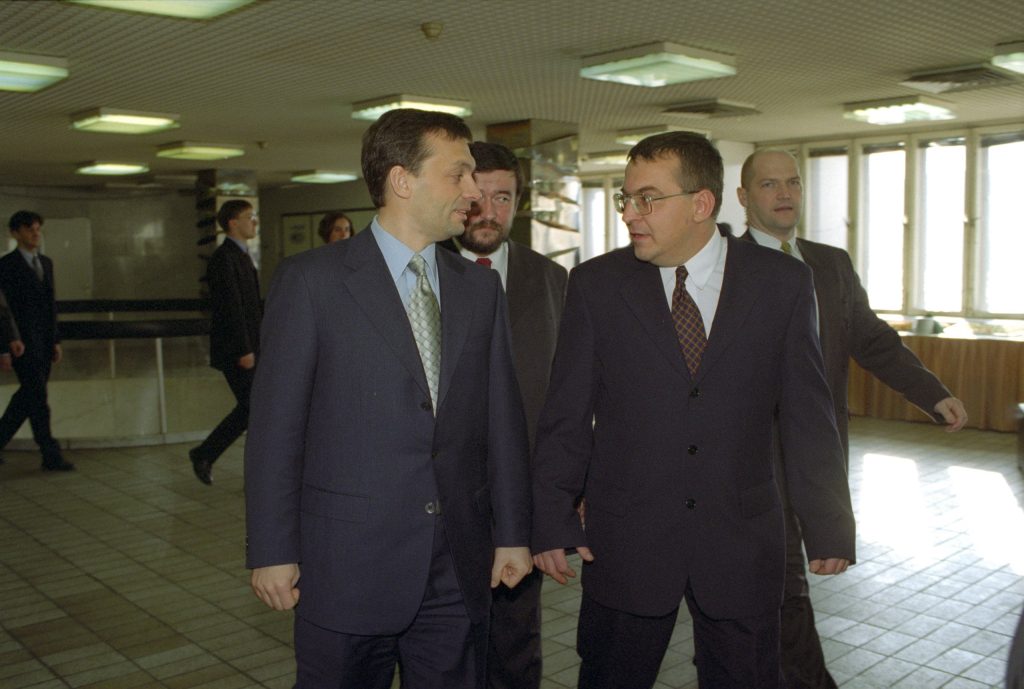
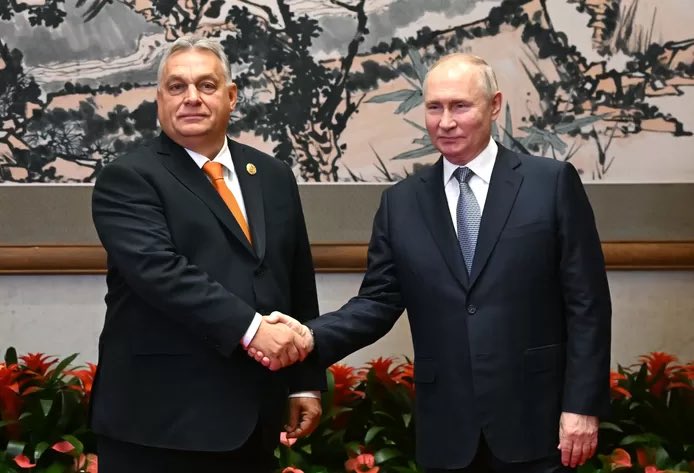
More on this story: Viktor Orbán’s vulnerability: ways to blackmail Hungary’s Prime Minister
Ukraine, as a transit country for Russian gas and a victim of Russia’s aggressive war, has every right to restrict the aggressor’s budget revenues that fund its military operations.Ultimately, the attempts by some of Russia’s allies in Central Europe to preserve Moscow’s energy revenues heighten the risks of their own involvement in a broader war on European soil. We also believe that the Kremlin will continue to exert pressure on Hungary and Slovakia to resist ending energy transit, aiming to provoke internal conflicts and foster NATO’s fragmentation by exploiting policy disagreements and differing interpretations of Article 5 concerning the defense of alliance members against Russian aggression.
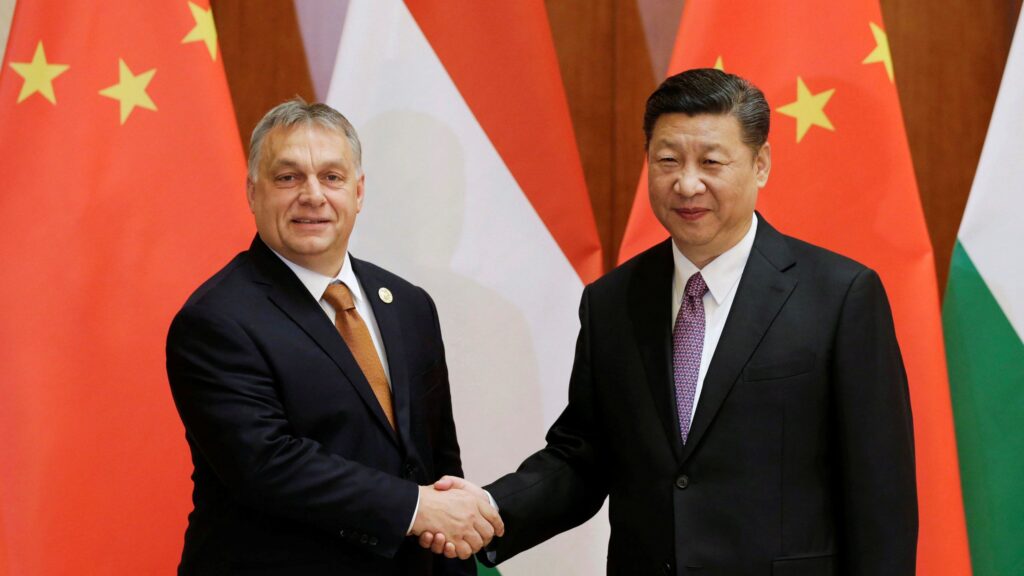
More on this story: Hungary plays as China’s bat to kick the US out of the EU economy
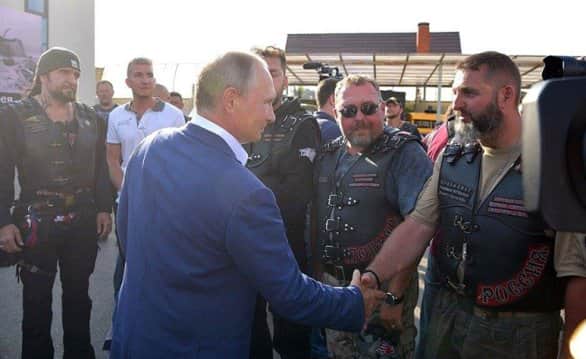

More on this story: Hungary is setting closer cooperation with Russia in Chad


